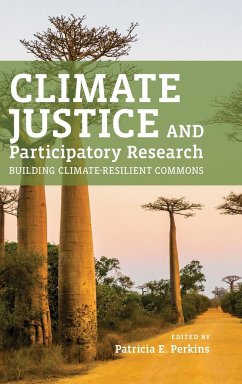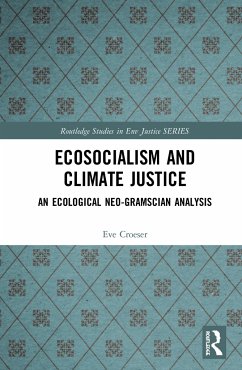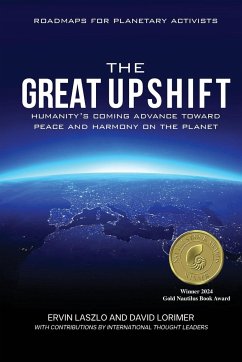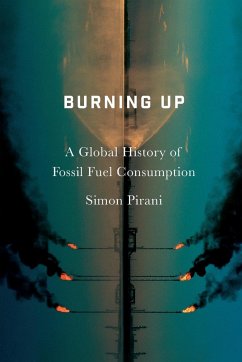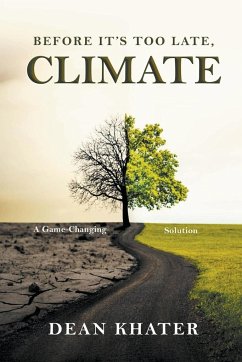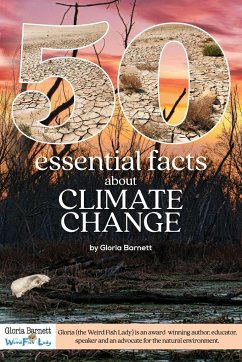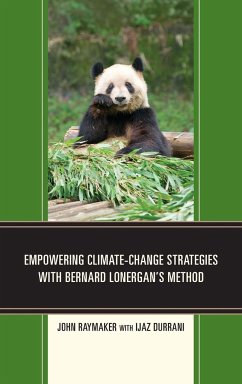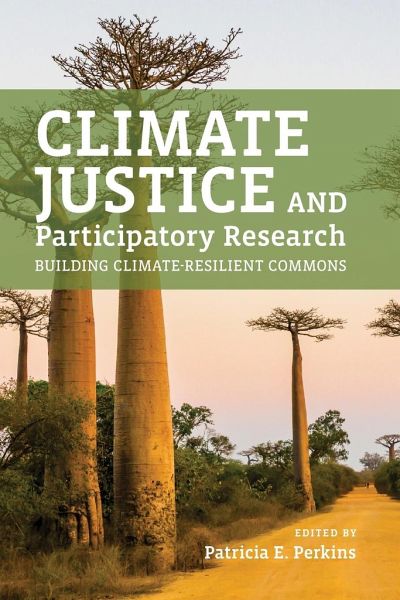
Climate Justice and Participatory Research
Building Climate-Resilient Commons

PAYBACK Punkte
41 °P sammeln!
Climate catastrophe throws into stark relief the extreme, life-threatening inequalities that affect millions of lives worldwide. The poorest and most marginalized, who are least responsible for the consumption and emissions that create climate change, are the first and hardest impacted, and the least able to protect themselves. Climate justice is simultaneously a movement, an academic field, an organizing principle, and a political demand. Building climate justice is a matter of life and death. Climate Justice and Participatory Research offers ideas and inspiration for climate justice through ...
Climate catastrophe throws into stark relief the extreme, life-threatening inequalities that affect millions of lives worldwide. The poorest and most marginalized, who are least responsible for the consumption and emissions that create climate change, are the first and hardest impacted, and the least able to protect themselves. Climate justice is simultaneously a movement, an academic field, an organizing principle, and a political demand. Building climate justice is a matter of life and death. Climate Justice and Participatory Research offers ideas and inspiration for climate justice through the creation of research, knowledge, and livelihood commons and community-based climate resilience. It brings together articulations of the what, why, and how of climate justice through the voices of energetic and motivated scholar-activists who are building alliances across Latin America, Africa, and Canada. Exemplifying socio-ecological transformation through equitable public engagement, these scholars, climate activists, community educators, and teachers come together to share their stories of participatory research and collective action. Grounded in experience and processes that are currently underway, Climate Justice and Participatory Research explores the value of common assets, collective action, environmental protection, and equitable partnerships between local community experts and academic allies. It demonstrates the negative effects of climate-related actions that run roughshod over local communities' interests and wellbeing, and acknowledges the myriad challenges of participatory research. This is a work committed to the practical work of transforming socio-economies from situations of vulnerability to collective wellbeing.



